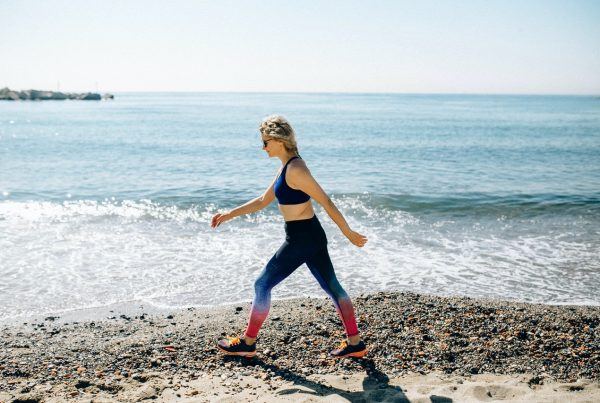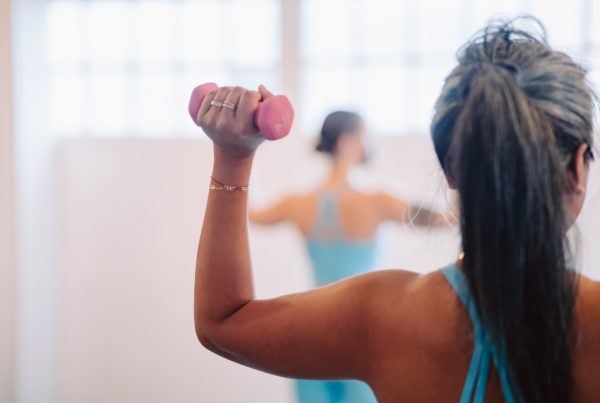Exercise is an important part of addiction recovery. When you are trying to overcome an addiction, it is crucial to make healthy choices for your body. This includes getting regular exercise. Exercise has a number of benefits for people in recovery, including improving mental health, reducing stress levels, and helping to prevent relapse. In this blog post, we will discuss the benefits of exercise during addiction recovery and provide tips on how to get started!
Benefits of exercise
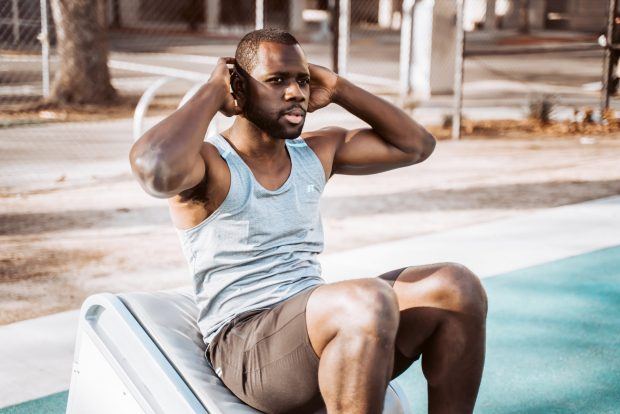
Photo by Fortune Vieyra on Unsplash
Exercise is a vital part of addiction recovery for numerous reasons. First, exercise can improve your mental health. When you are trying to overcome an addiction, it is common to experience anxiety and depression. Exercise has been shown to help reduce symptoms of anxiety and depression. Exercise helps produce natural endorphins.
These endorphins interact with the receptors in your brain that reduce pain signals and can promote a positive mental state. It is critical to focus on your mental health throughout recovery, and exercise is one way that can help you to do so.
Stress
Stress can also be exacerbated through all stages of recovery. In early recovery, it is important to keep stress low because it can trigger positive memories of using or even a desire to relapse. Exercise can help prevent relapse by improving self-esteem and providing a sense of accomplishment. Exercise can also reduce stress as it promotes physical health, which in turn helps to regulate the body’s stress response and reduce stress response during times of rest.
Individuals in recovery can benefit greatly from this stress response regulation, as well as the minimization of stress response during times when a stress response is not needed. Exercise has been shown to be an effective way of managing stress for all individuals, especially those in recovery.
Sleep
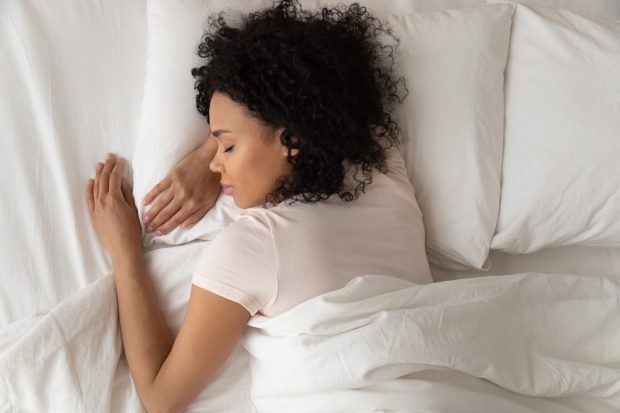 In addition to reducing stress, exercise can also help improve your sleep. It is common for people with addictions to have difficulty sleeping. Lack of sleep can cause irritability, fatigue, and even increase cravings for drugs or alcohol. Exercise can help to improve the quality of your sleep by promoting deeper and more restful sleep. One reason why you may be getting less sleep in early recovery is that many substances disrupt sleep patterns. Exercise can help promote better sleep by helping to regulate the body’s natural sleep cycle.
In addition to reducing stress, exercise can also help improve your sleep. It is common for people with addictions to have difficulty sleeping. Lack of sleep can cause irritability, fatigue, and even increase cravings for drugs or alcohol. Exercise can help to improve the quality of your sleep by promoting deeper and more restful sleep. One reason why you may be getting less sleep in early recovery is that many substances disrupt sleep patterns. Exercise can help promote better sleep by helping to regulate the body’s natural sleep cycle.
Health
Exercise also has physical benefits that can help in addiction recovery. For example, exercise can help improve your overall health and increase your energy levels. When you are trying to recover from an addiction, it is important to have enough energy to participate in treatment and other activities. Regular exercise can help improve your overall health.
Get started with exercise
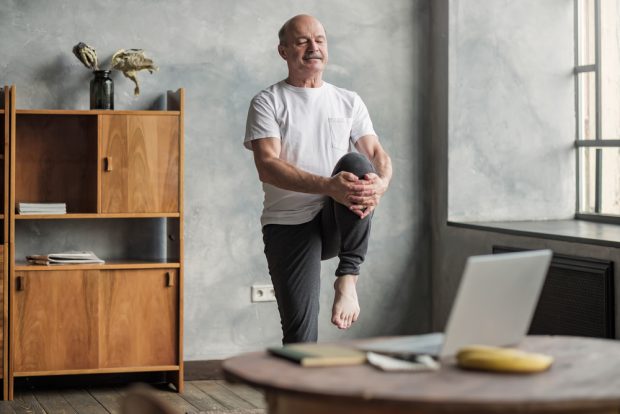
Koldunov/Shutterstock
So how do you get started with exercise? If you are in early recovery, it is essential to start slowly. Try taking a brisk walk around the block or going for a light jog. As you get stronger, you can increase the intensity of your workouts.
It is also critical to find an activity that you enjoy so that you are more likely to stick with it. For some people, this may be running, while others may prefer playing tennis or biking. The most essential thing is to find something that works for you and that you can commit to doing on a regular basis.
Another way to get started with exercise is to find a social group or class that meets regularly to work out. This can be a great way to meet new people and stay motivated. There are often free or low-cost options available through your local community center or recreation department.
The internet is also a great resource to find free or low-cost options for social exercise groups. There are many sites such as Facebook or Twitter where you can join a group that meets near you to take part in a range of exercise options such as jogging or yoga.
If you are looking for more structure and support, there are many excellent exercise programs available specifically for people with addiction recovery. These programs provide much-needed accountability and motivation, as well as a sense of community. If you are interested in finding a rehab program in your area, there are sources online created to help you do just that. Specifically, comprehensive directories of addiction treatment programs across the country, including many that offer exercise classes or other fitness activities.
Conclusion
One of the most important benefits of exercise during addiction recovery is that it helps you to take control of your life again. Exercise is just one tool that can be used to support addiction recovery. If you are struggling with an addiction, please reach out for help. There are many resources available to you, and there is no shame in seeking treatment. Addiction is a disease, and it is one that can be effectively treated with the right level of care.
Please remember, that if you are struggling with addiction, help is available. Please do not hesitate to reach out for assistance.


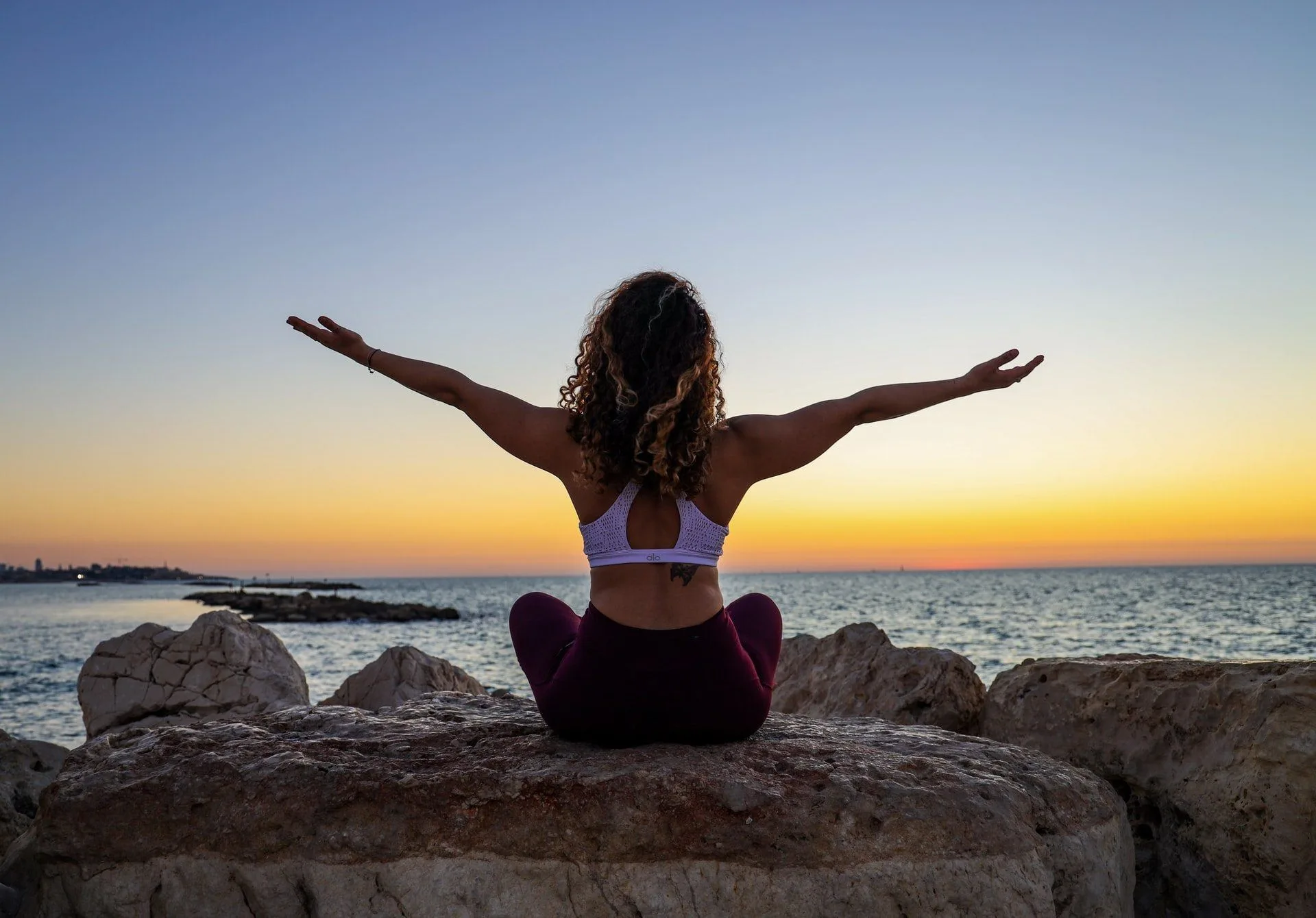
![women [longevity live]](https://longevitylive.com/wp-content/uploads/2020/01/photo-of-women-walking-down-the-street-1116984-100x100.jpg)





